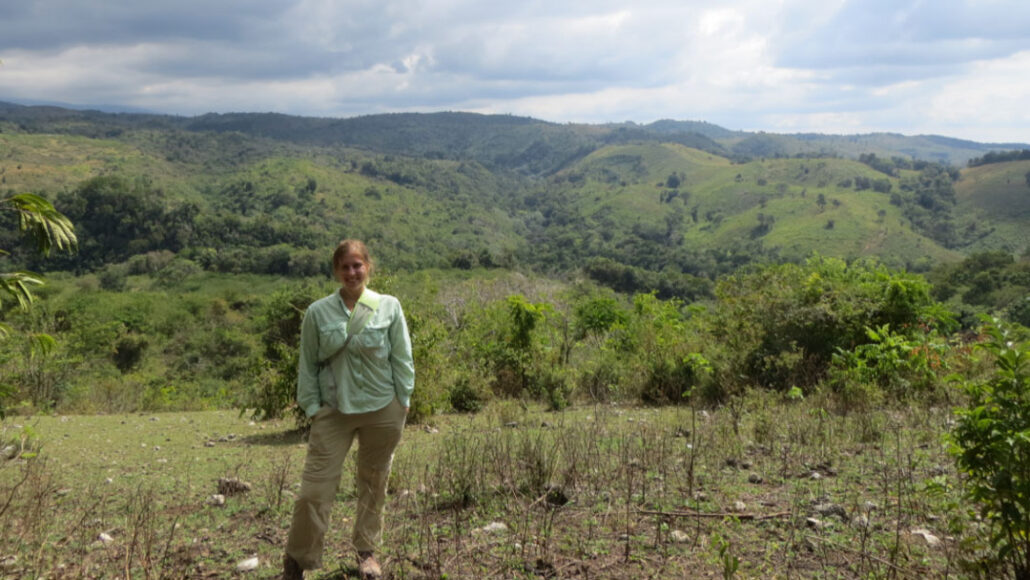
Animals
A love of small mammals drives this scientist
Alexis Mychajliw’s science is driven by her love of animals. She now looks to tar pits and fossilized poop to understand ancient ecosystems.
Come explore with us!

Alexis Mychajliw’s science is driven by her love of animals. She now looks to tar pits and fossilized poop to understand ancient ecosystems.
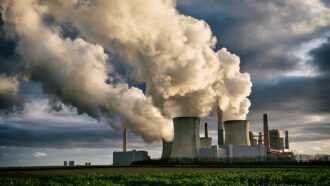
Carbon-14 dating of recent artifacts will soon give scientists confusing results. That’s another price society pays for its reliance on fossil fuels.
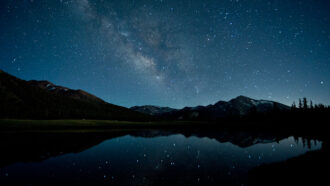
Energy, mass and the cosmos' structure evolved a lot over the past 13.82 billion years — much of it within just the first second.
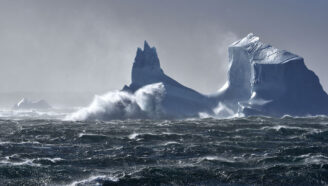
Smoke drifts. Fish eggs float downstream. Where such drifting things end up may seem a mystery. But research can predict where they’ll end up.

Humans are changing the world in profound ways. Some scientists think those changes have launched a new epoch in Earth’s history: the Anthropocene.
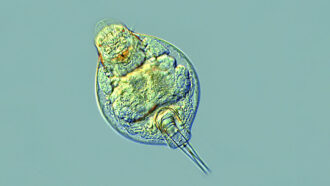
Tiny bdelloid rotifers awake from a 24,000-year slumber when freed from the Arctic permafrost.
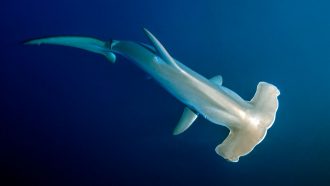
New fossil evidence shows 90 percent of sharks died in the mysterious event.
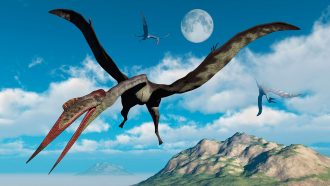
Dinosaurs may get much of our attention, but there were plenty of other interesting critters during the Age of Reptiles, including our mammal ancestors.
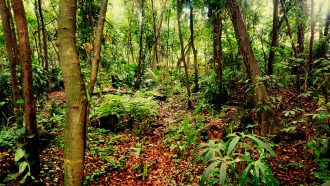
The asteroid collision initially reduced the diversity in what had been sunny tropical rainforests. In time, the forests would become permanently darker.

Diamond retains its structure even at extreme pressures, which could reveal how carbon behaves in the cores of some exoplanets.